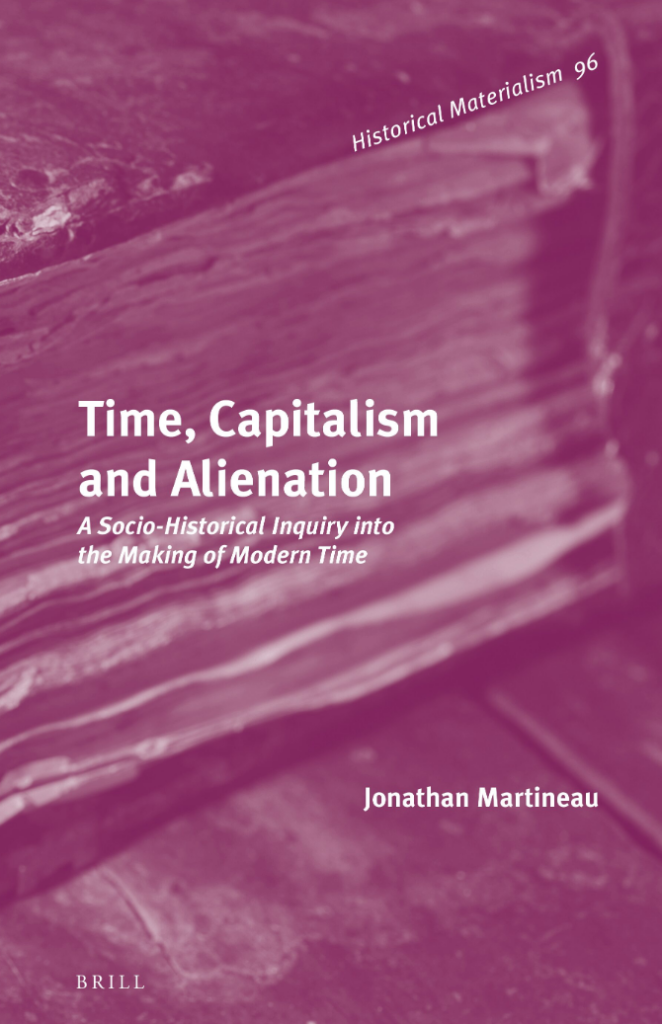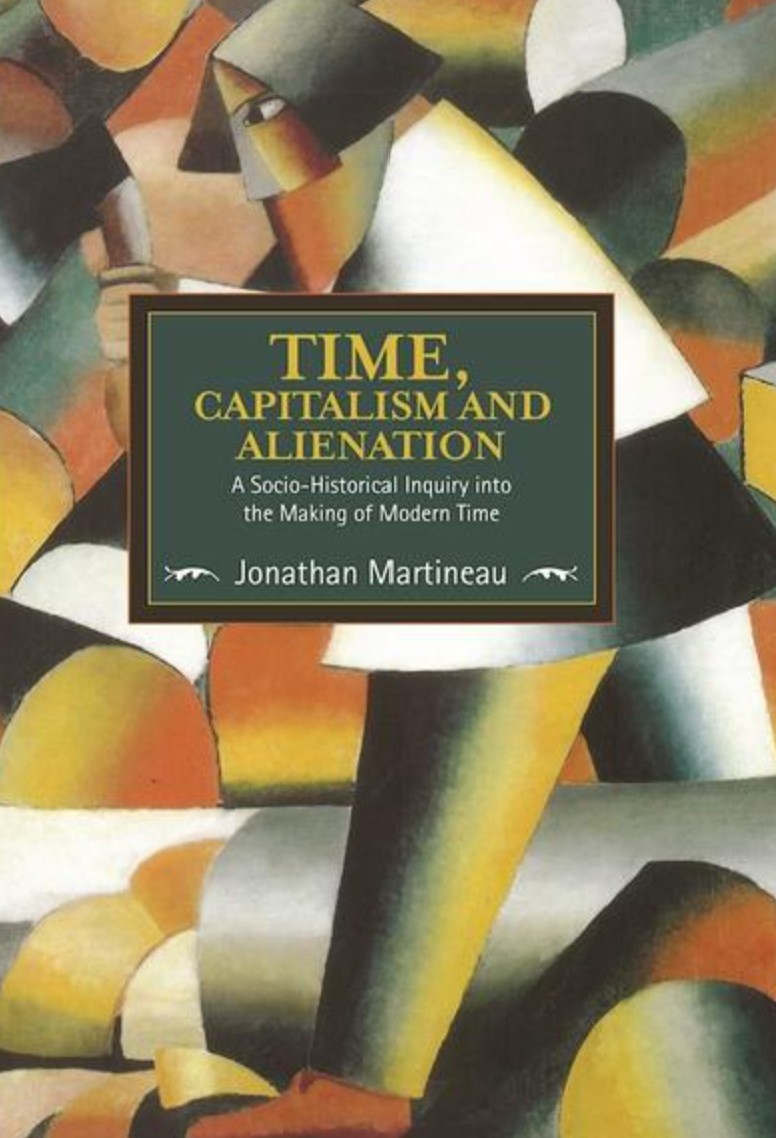Jonathan Martineau, Université du Québec à Montréal and Concordia University
In Time, Capitalism and Alienation. A Socio-Historical Inquiry into the Making of Modern Time, Jonathan Martineau offers an account of the histories of social time in Europe, from the innovation of the clock around 1300 to the making of World Standard Time around the turn of the twentieth century. Approaching ‘time’ as a social phenomenon traversed by various power and property relations, this work provides a socio-theoretical and historical analysis of the relationship between clock-time and capitalist social relations, problematizing the rise to hegemony of a clock-time regime harnessing various social temporalities to the purpose of capitalist development. This book sheds light on the alienating tendencies of the modern temporal regime and the relationship between time and modern economic development.
Biographical note
Readership
Table of contents
IntroductionCHAPTER 1: THEORY, METHOD, TIME
A) Alienation, reification, method and time
B) Time in the social sciences: ‘Social time’
C) Norbert Elias, Barbara Adam and time studies: Towards a concept of social time
CHAPTER 2: THE ORIGIN OF CLOCK-TIME, AND THE ORIGIN OF CAPITALISM
A) The innovation of the clock: clock-time, wage-labour and commerce in context
B) The transition from feudalism to capitalism
C) The clock-time infrastructure
D) Newton’s time
E) Remarks on pre-capitalist social time relations
CHAPTER 3: CAPITALIST SOCIAL TIME RELATIONS
A) Clock-time in the capitalist context
B) Value formation, appropriation, and abstract time
C) Labour-market, capitalist industrialisation and clock-time
D) World Standard Time
E) Alienated time and reified time
F) The temporal forms of domination and resistance
Conclusion
Bibliography
Index


